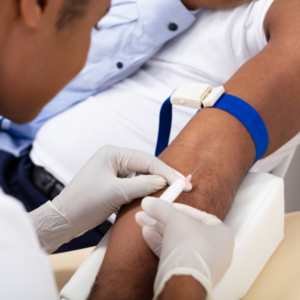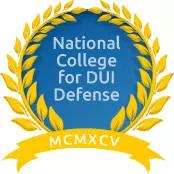You can legally refuse a Texas DWI blood test request from an officer, even though it will have consequences. However, there are certain days with exceptions that fall under the state’s “No Refusal” system. Texas DWI blood draw requests during these times aim to discourage people against drunk driving over holidays. This article will explore the “No Refusal” concept and outline your rights during these periods.
What Is “No Refusal”?
As a driver in Texas, you may be familiar with “No Refusal” through news stories, radio announcements, or roadway signs. The “No Refusal” weekends aim to reduce the incidence of drunk driving automobile accidents during high-risk periods, such as holidays and any other times when the general alcohol consumption is likely to be high.
Common “No Refusal” Weekends in Texas
In Texas, “No Refusal” weekends usually include holidays that are associated with alcohol consumption. It should be noted, however, that every day is no refusal meaning, if you refuse, the officer can obtain a warrant for your blood. It’s just typical that they are advertised more around specific holidays, which include the following:
 Thanksgiving Day
Thanksgiving Day- Christmas
- New Year’s Eve
- Halloween
- Labor Day
- The Fourth of July
- Memorial Day
Any other high-profile occasions, such as major concerts or sporting events, may also be “No Refusal” weekends in Texas. While driving sober is always important, it is particularly vital during “No Refusal” periods, which in almost all of Texas, is every day now.
How Does the “No Refusal” Rule Work?
The term “No Refusal” is actually a misnomer, causing many people to assume that you cannot legally refuse a DWI test during a “No Refusal” weekend. However, “No Refusal” in Texas means that the law enforcement agencies take measures to minimize the number of refusals to Texas DWI blood test requests in these periods. They achieve this goal by expediting the procedure of obtaining a warrant and carrying out a Texas DWI blood draw. You can and still should refuse a blood draw. Make the police obtain a warrant, and then let them draw your blood only after they get a warrant.
Law enforcement deploys more resources to support DWI chemical tests, including more officers on duty, an additional backup of blood-draw nurses, and even a magistrate available to review and approve search warrants. When a judge signs a warrant, a law enforcement officer can escort an arrested driver to the office for further blood and breath tests. Texas DWI blood tests may also take place on-site. The goal is to discourage the habit of drunk driving and manage the increased number of DWI offenders during a high-risk period.
 You should, however, be aware that even on a “No Refusal” weekend, conducting a blood test without a warrant or your consent is a violation of the Fourth Amendment. If this happens, you definitely need to speak to a skilled Texas DWI lawyer to get the results of the blood draw thrown out.
You should, however, be aware that even on a “No Refusal” weekend, conducting a blood test without a warrant or your consent is a violation of the Fourth Amendment. If this happens, you definitely need to speak to a skilled Texas DWI lawyer to get the results of the blood draw thrown out.
Implied Consent in Texas
Driving in Texas is not a right, but a privilege. Therefore, the implied consent law is in effect on Texas roads, which assumes your consent to a reasonable request of an officer for a BAC test. However, while there are legal consequences, you always have the right to refuse a Texas DWI test. If you refuse, the officer’s only legal recourse is to obtain a search warrant to submit you to a DWI test.
Hire an Experienced DWI Defense Attorney to Represent You
If you are facing a DWI conviction, never give up! At Flood and Associates, our team of experienced, passionate, and dedicated DWI defense attorneys will provide you the best defense possible. With a stellar win rate and an in-house blood lab, no law firm in the state of Texas compares to our resources. Call us 24/7, 365 at 713-224-5529 or use our online form to request a free case review.









